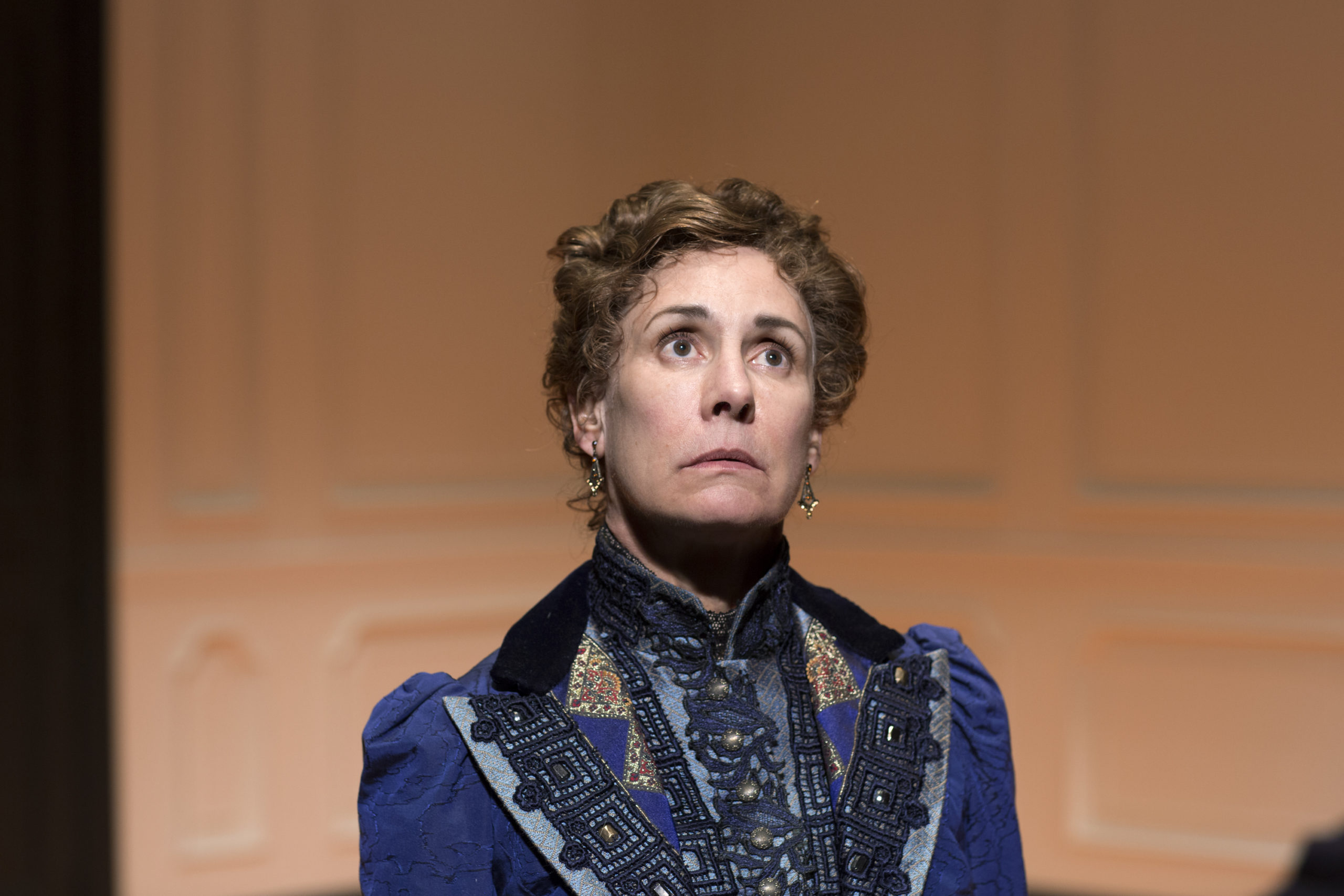
Find Out Why “A Doll’s House, Part 2” Surprises Feminist Audiences

Laurie Metcalf in a scene from A DOLL’S HOUSE, PART 2 . Photo credit: Brigitte Lacombe
Who would ever have imagined that a sequel based on any play by Henrik Ibsen could be a nearly nonstop laugh fest? But “A Doll’s House, Part 2,” now playing on Broadway, is just that—and without being disrespectful toward the serious feminist themes in Ibsen’s 1879 drama, a benchmark in its examination of women’s struggles in a male-dominated environment and an affirmation of a woman’s right to go her own way. As Karl Marx said about history, theater sometimes covers the same ground twice, “the first time as tragedy, the second time as farce.”
Actually, the new work by Lucas Hnath, a 37-year-old playwright who has written several well-received Off-Broadway plays, doesn’t repeat Ibsen’s plot, though it does revisit the views toward women that Nora Helmer, the play’s heroine, rebelled against when she famously slammed the door on her house, husband and three children, and left to explore the possibilities of an independent life. Now it’s 15 years later, and there’s a knock on the same door Nora had used to escape what would have been her fate of continuing to be treated as a “doll,” cared for and condescended to by a tradition-bound husband. Is she in trouble? Yes, but not in a way you might anticipate.
Nora strides in, beautifully dressed and loudly assertive, a successful and wealthy author of books about “the way the world is towards women and the ways in which the world is wrong,” as she tells Anne Marie, the elderly nanny who stayed with the family to raise her children. One novel is autobiographical and has encouraged other women to leave their husbands, she says. She uses a pseudonym, but an angry husband tracked down her real name, and that has led to her discovery that her husband, Torvald, never divorced her, which she had assumed he had. A revelation that she is still married would brand her as a hypocrite. Worse, it would make her a criminal. She has “signed contracts, done business, had lovers—all sorts of things that a married woman isn’t allowed to do, that are illegal, that amount to fraud.” A divorce would straighten things out. (Illegally signing a document, though for a good reason, got Nora into hot water in Ibsen’s play—but you don’t have to know the original to understand this one.)
My thoughts turned to the Orthodox Jewish stricture through which a woman is not divorced unless her husband gives her a document called a gett. A man gives the gett to the woman. There is no vice versa.



